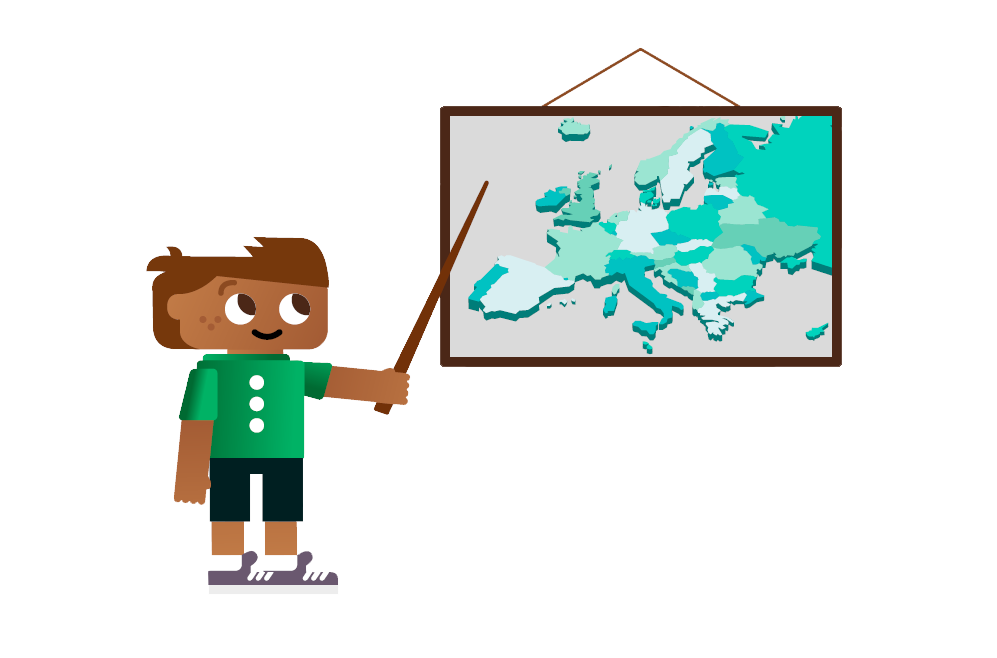Promoted by Eurochild
Just over a month before the beginning of 2024, we found ourselves in the middle of several crises. According to Eurostat, almost 25% of children in the EU are at risk of poverty. The rising costs of living have forced some families to decide between eating or heating their home, and climate change has deteriorated at a speed that some did not anticipate. While threats to children’s rights and violent wars where children pay the highest price continue.
What can the EU and national governments do about it? Is there a strong political will to fight child poverty? Are governments committed to the well-being of their youngest citizens, most of whom aren’t even allowed to vote?
To answer these questions, Eurochild, a network representing more than 200 child rights organisations across Europe, have released a report on children in need titled "Children's Rights: Political will or won't?"
The date of the release on 20 November is not a coincidence, as this is World Children’s Day, the day commemorating the 1959 UN Declaration of the Rights of the Child, an early international acknowledgement of children's rights that paved the way for the Convention on the Rights of the Child, adopted in 1989 by the United Nations General Assembly.
The report gathers information from 38 Eurochild members in 26 European countries and identifies solutions and recommendations for governments to better support children and families.
The EU has several initiatives to help families in need. The European Child Guarantee is a mechanism that calls on national governments to give children in need free access to healthcare, adequate housing, education, healthy nutrition, and early childhood services. Most countries submitted their national action plans to outline how they will achieve the Child Guarantee. But to make sure these measures are sustainable, Eurochild calls for increasing the budget by an additional 20 billion euros.
Government decisions must be based on data and evidence and must be made in consultation with children and families. If we don’t improve the way we collect data and have more indicators specifically for children, it will be difficult to see what is working and what is not. Moreover, only a few countries have a specific cabinet minister responsible for children’s rights. In most cases, children’s policies fall under social affairs, family, education, health, culture, or welfare. A central body is needed to coordinate actions easily.
Eurochild members report that children are also increasingly at risk online. However, their safety mainly relies on the digital skills of children and their parents. Although helplines and hotlines can support children, EU Member States still lag behind in holding online service providers accountable for keeping children safe on their platforms through comprehensive legislation.
Vulnerable groups, such as children in migration, children with disabilities, children in alternative care, LGBTQI+ children, and Roma children, often don’t only face poverty, but also discrimination. Governments must prioritise specific support for them and invest in prevention. Governments need to support families from the prenatal and early years of children as their first 1000 days will impact the rest of their lives. Children who encounter difficulties when young, struggle to realise their full potential later in life.
Prevention means thinking about future needs and future solutions. We talk a lot about AI, climate change, resilience, and future crises, but we need to act more quickly in the present to be prepared for the future. Children’s well-being should be everyone’s priority.
Now, not in the future.



